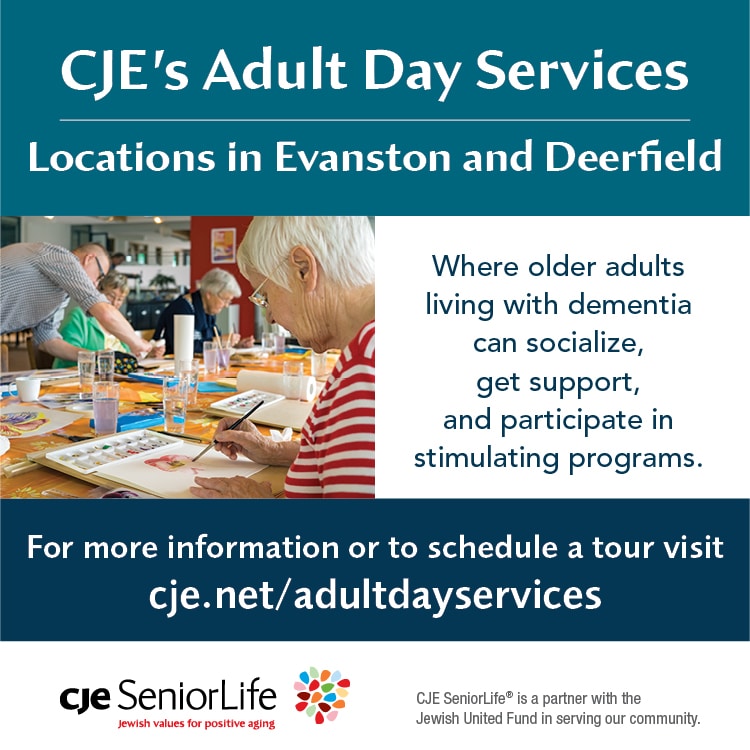Participating in cancer research can give access to life-saving drugs
Alexa DiVenere was 16 in 2011, when she heard news that would drastically change her life: She had stage 4 lung cancer, discovered after she felt pressure in her chest while playing soccer. The Chicago teen underwent multiple rounds of chemotherapy and, at 17, had her lung removed. But the cancer returned.
Tests revealed she had a rare genetic mutation — an RET fusion — affecting a small percentage of lung cancer patients. Her doctor told her that researchers were studying medication to target this mutation in clinical trials at MD Anderson Cancer Center in Houston.
So DiVenere traveled to Houston to join a trial in 2015, then a second in 2017. The second drug has helped reverse her cancer’s course, with minimal side effects.
“It’s allowed me to be able to work and live a normal life,” says DiVenere, now 25 and a full-time nurse in the Chicago area.
This is the promise of clinical trials, which provide patients cutting-edge, potentially lifesaving therapies, while giving doctors a chance to evaluate drugs before they go into widespread use.
Thousands of Americans are enrolled in U.S. cancer trials annually. Yet, Covid-19 has cut clinical trial enrollment by about half, according to Ned Sharpless, MD, director of the National Cancer Institute. Due to this enrollment drop, Sharpless says trials may become more expensive because they take longer to recruit the necessary number of people, and some trials may have to end.
Clinical trials are critical, because it is the only way that we can actually have evidence-based medicine.”
Still, more than 18,000 such trials were either active or recruiting participants in January, according to ClinicalTrials.gov.
“Clinical trials are critical, because it is the only way that we can actually have evidence-based medicine,” says Steven J. Chmura, MD, a radiation oncologist and scientific director of the Cancer Clinical Trials Office at UChicago Medicine. Trials can show whether new drugs work better than current treatments, how many patients might be helped, and what side effects may occur, he says.
Patients benefit from clinical trials by receiving medications that aren’t yet on the market. For example, DiVenere would not have had access to her game-changing drug, selpercatinib (Retevmo), if she hadn’t been part of the trial, says her oncologist at MD Anderson, Vivek Subbiah, MD. Through the trial, DiVenere got access to the drug three years before the Food and Drug Administration approved it in May 2020.
For DiVenere, joining a trial was an easy decision. “I knew this drug had a great chance to save my life,” she says.
She also points to another benefit: The medical research benefits generations to come. “You’re helping other people,” she says. “The future people who are going to be on this drug, you’re helping pave the path for them.”
Originally published in the Spring/Summer 2021 print issue.

Lorna Collier is a health and education writer whose articles have appeared in the Chicago Tribune, Next Avenue, USNews.com and many others.












